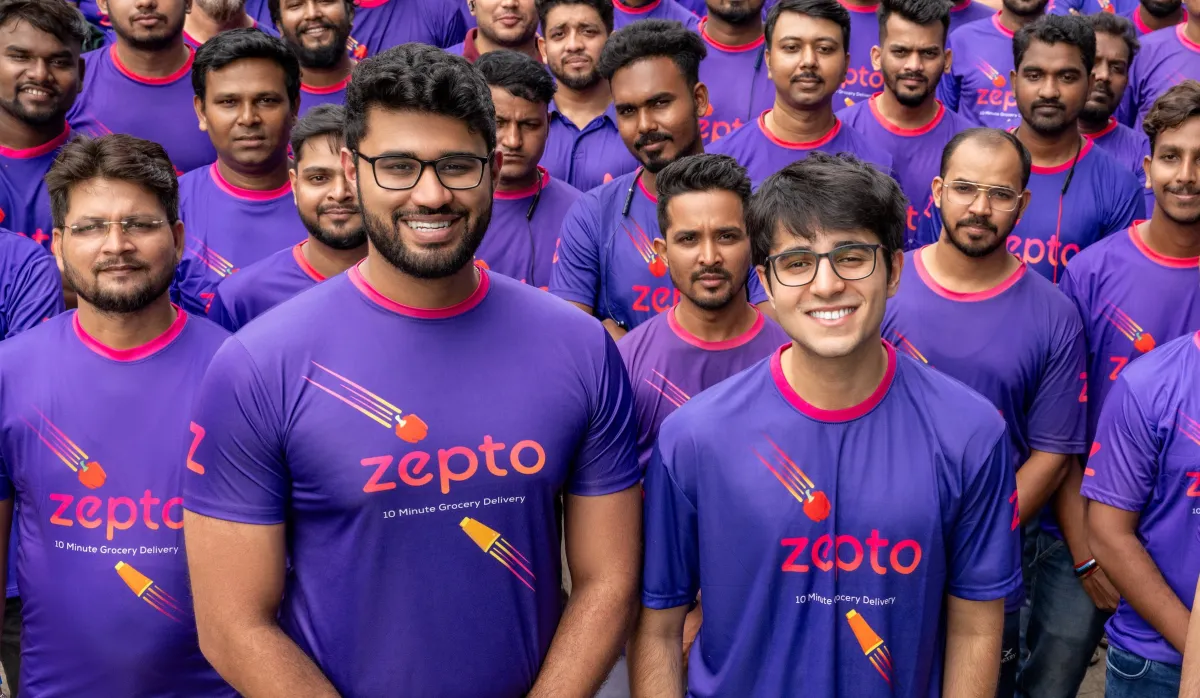Zepto’s $450 million raise sets a new tempo in India’s quick-commerce race

Fresh capital, faster delivery math
India’s quick-commerce upstart Zepto closed a $450 million round at a $7 billion valuation, signaling investors still see upside in ultrafast delivery despite consolidation and tighter unit economics. The company says the money will go to dark-store expansion in Tier-1 cities and high-density pockets of Tier-2 hubs, plus automation in picking, micro-fulfillment and routing. Rivals are trimming loss-making zones; Zepto is betting density, higher private-label mix, and a subscription layer can lift contribution margins. Regulators are watching—noise and rider-safety complaints have risen in some neighborhoods. The tech stack is shifting too: dynamic batching and AI demand forecasts aim to keep bikes full at off-peak times. For brands, Zepto doubles as sampling engine; for consumers, the pitch is reliability over raw speed.
Winners, risks and the road to profitability
The funding resets expectations on profitability timelines. Zepto’s model works best where average order value is rising—fresh produce bundled with staples—and where repeat rates lock in. That favors affluent catchments; thin suburbs will lag. Logistics costs remain volatile, from rider churn to fuel prices to city rules on two-wheelers. Competitors could respond with targeted promos, but capital discipline after last year’s burn may limit subsidy wars. The macro backdrop helps: more dual-income households, digital payments saturation, and e-grocery adoption that stuck post-pandemic. Analysts will watch three markers into December: dark-store throughput per hour; percent of orders on private-label SKUs; and on-time delivery at the 90th percentile. If those trend up, Zepto’s $7 billion tag looks less frothy—and the sector’s next phase becomes less about 10-minute sprints and more about dependable, profitable convenience.












